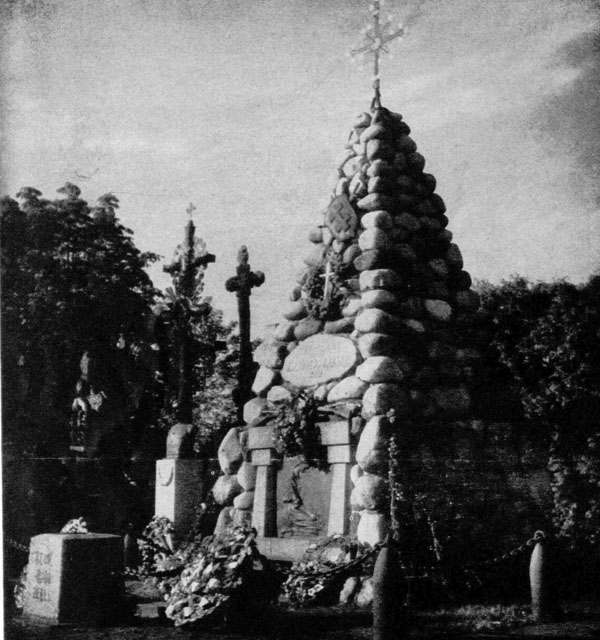
Editor of this issue: A. V. Dundzila
 |
www.lituanus.org |
|
Copyright © 1955 Lithuanian
Students Association, Inc.
No.2
- March 1955
Editor of this issue: A. V. Dundzila |
|
FREEDOM FOREVER
February 16th, 1918, is a memorable day in the history of Lithuania. For it was on this day that, after more than a century of Russian occupation marked by intense russification and denial of the fundamental human rights, the independence of Lithuania was again proclaimed to the world.
Two generations of Russian rule had failed to suppress the desire for freedom and self-government in the Lithuanian people. Every attempt on the part of the Russians to expunge the idea of self-determination was answered by ever greater will to continue the struggle for freedom on the part of the Lithuanians. This unshaken will to freedom together with Pre sident Wilson's doctrine of national self-determination on the one hand and the favorable international situation on the other, finally resulted in the declaration of independence at the capital Vilnius some thirty-seven years ago.
The declaration of independence was the realization of all the hopes and efforts of the patriots of the previous two generations—their reward for all the sacrifices made in the cause of freedom. Independence, however, brought new problems with it — economic, cultural, and political. Time and effort were needed to solve them. Much was achieved during this period — much remained to be achieved.
Unfortunately the span of freedom
lasted only
twenty-two years. On June 14, 1940 the forces of Soviet Union, breaking
the treaties and agrreements between the two countries, entered
Lithuanian territory. Although the government of the United States and
those of some other major powers never recognized this act of violence,
the Republic of Lithuania was eclipsed by Soviet Russia.
Once again, as in the nineteenth century, the resistance movement was
started and it is still being carried on in every corner of the globe
in which Lithuanians are residing on the soil of Lithuania, in the
slave labor camps of Siberia, and especially in the countries outside
the Iron Curtain. Once again sacrifices are being made. It is known
that one fourth of the nation has either been killed, imprisoned, or
deported to Siberia.
The purpose of this struggle is a free and independent Lithuania.
Throughout the ages people have fought and died that their children
might be free in their own country. The cause of freedom in the world
has suffered a great blow in Lithuania. But the struggle is not over.
Lithuanians are continuing the struggle in their effort to convince the
free world that Red Russia poses a constant danger to world freedom.
When the free world recognizes this, the first step will have been
taken toward world freedom.

The Tomb of Unknown Soldier of Lithuania in Kaunas